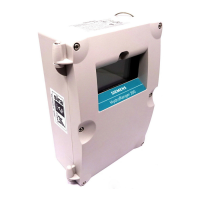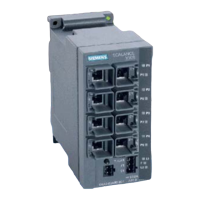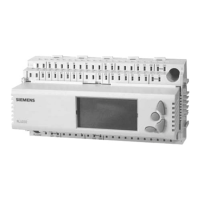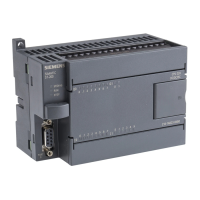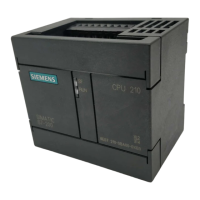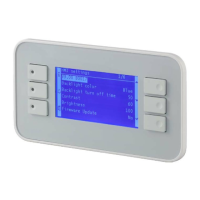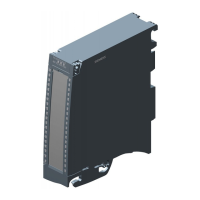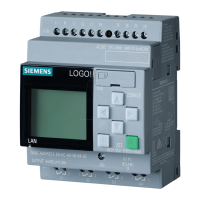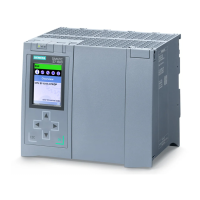Technical reference
A.5 Algorithm
HydroRanger 200 HMI
304 Operating Instructions, 06/2018, A5E36281317-AC
The true echo is selected based on the setting for the echo selection algorithm. For a list of
options, see Algorithm (2.11.2.2.) (Page 222). All algorithms ultimately use confidence to
select the true echo.
Below are the preferred algorithm types because they provide the best echo selection results
in most applications. Other algorithms [Algorithm (2.11.2.2.) (Page 222)] may produce better
results in specialized applications, but they should only be used after consulting an
experienced technical expert.
rue
irst echo Selects the first echo that
crosses TVT curve.
Use in liquids applications free of ob-
structions when confidence of first echo
argest echo Selects the largest echo
above the TVT curve.
Use in long range liquids applications
with large (tall) material return echoes.
est of
irst and
argest echo
Selects the echo (first and
highest) with the highest con-
fidence value.
Default and most commonly used. Use
in all short to mid range general liquids
and solids applications where there is a
relatively large (tall), sharp echo.
rea,
argest,
and
irst
Selects the echo with the
highest confidence value
based on the three criterion
(widest, highest, and first).
Use in mid to long range solids applica-
tions where the material return echo is
wide and large, and where competing
smaller echoes challenge BLF.
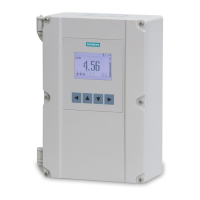
